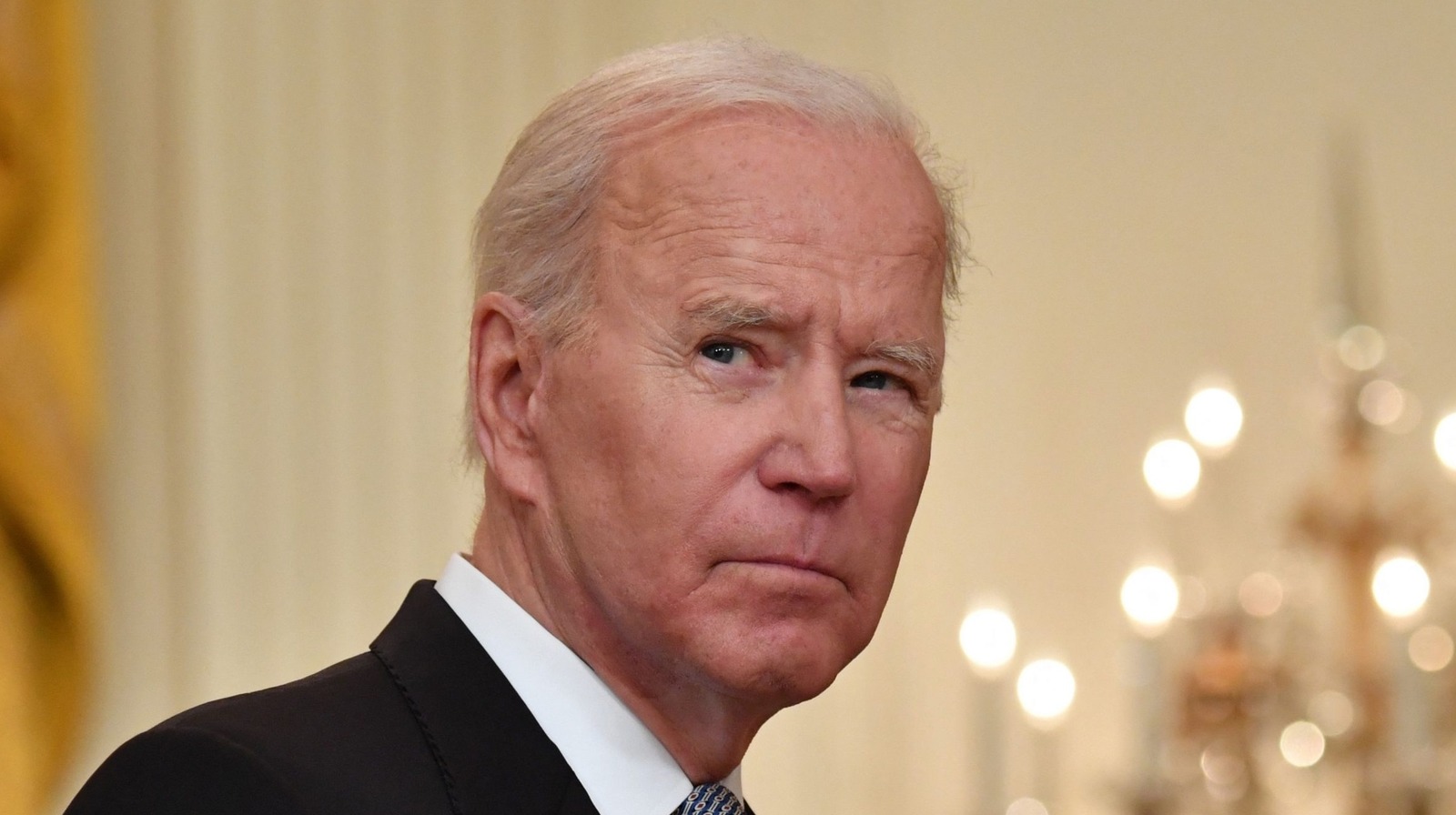According to Biden administration officials Bitcoin, Ethereum and other cryptocurrencies suffered a “tough year” in 2022, which promoted and essentially caused the devastating blow to the Federal Reserve.
Bitcoin has crashed from almost $70,000 per bitcoin in late 2021 to around $23,000 today, helping to wipe $2 trillion from the combined crypto market. Bitcoin has surged back so far in 2023, adding 40% (topping Goldman Sach’s 2023 asset ranking) and boosting the price of other major coins ethereum, BNB, XRP, cardano, dogecoin, polygon and solana.
Now, the Biden administration has said Congress needs to “step up its efforts” to regulate the bitcoin and crypto market, warning it would be a “grave mistake” to allow ties between cryptocurrencies and the broader financial system to deepen amid warnings of a “global financial meltdown.”
“In the past year, traditional financial institutions’ limited exposure to cryptocurrencies has prevented turmoil in cryptocurrencies from infecting the broader financial system,” four senior U.S. officials in the Biden administration wrote in a statement, urging Congress to “step up” efforts to regulate the cryptocurrency market after a number of crypto bills have been introduced.

“It would be a grave mistake to enact legislation that reverses course and deepens the ties between cryptocurrencies and the broader financial system.”
Over the last year, some of Wall Street’s biggest giants have begun making inroads into the world of bitcoin and crypto.
Blackrock, the world’s largest asset manager, has partnered with bitcoin and crypto exchange Coinbase while Goldman Sachs, JPMorgan, Wells Fargo have been named on a list of FTX creditors after the exchange’s shock collapse.
Fidelity, one of the world’s biggest financial institutions, has attracted criticism from regulators and lawmakers for its 401k plan that allows bitcoin allocations.
“Legislation should not greenlight mainstream institutions, like pension funds, to dive headlong into cryptocurrency markets,” White House advisors Brian Deese, director of the National Economic Council, Arati Prabhakar, director of the White House office of science and technology policy, Cecilia Rouse, chair of the Council of Economic Advisors, and national security advisor Jake Sullivan wrote.
Congress should consider expanding the powers of regulators, including the Securities and Exchange Commission (SEC) and the Commodity Futures Trading Commission (CFTC), bolster transparency and disclosure requirements for crypto companies, increase funding for law enforcement and pass so-called stablecoin legislation, they advised, following on from president Joe Biden’s crypto executive order in March last year and the White House’s “comprehensive” framework for crypto development in September.

The statement has been broadly welcomed by the crypto industry that’s still reeling from the collapse of FTX and its fallout.
“This is the first media statement from the White House on the subject since the events in late 2022,” Sheila Warren, the chief executive of lobby group Crypto Council for Innovation, said in an emailed statement.
“It’s anchored in the public policy goals we would expect from the executive branch following such events: holding bad actors accountable, protecting investors, and ensuring financial stability. It also acknowledges that human behavior leading to recent failures is not new or unique to crypto.”
However, Warren cautioned against heavy-handed or rushed legislation.
“It’s important to have careful, evidence-based conversations and get legislation right. We support the administration’s call to Congress to establish appropriate guardrails and transparency for those participating in the digital assets space,” she said.
However, Binance chief executive Changpeng “CZ” Zhao has warned via Twitter last year’s $2 trillion bitcoin and crypto price collapse will put off “traditional financial players’ [adoption] of [bitcoin, crypto and blockchain] technology,” and “will likely cause them to be further behind on the adoption curve, which may have existential implications for them.”



